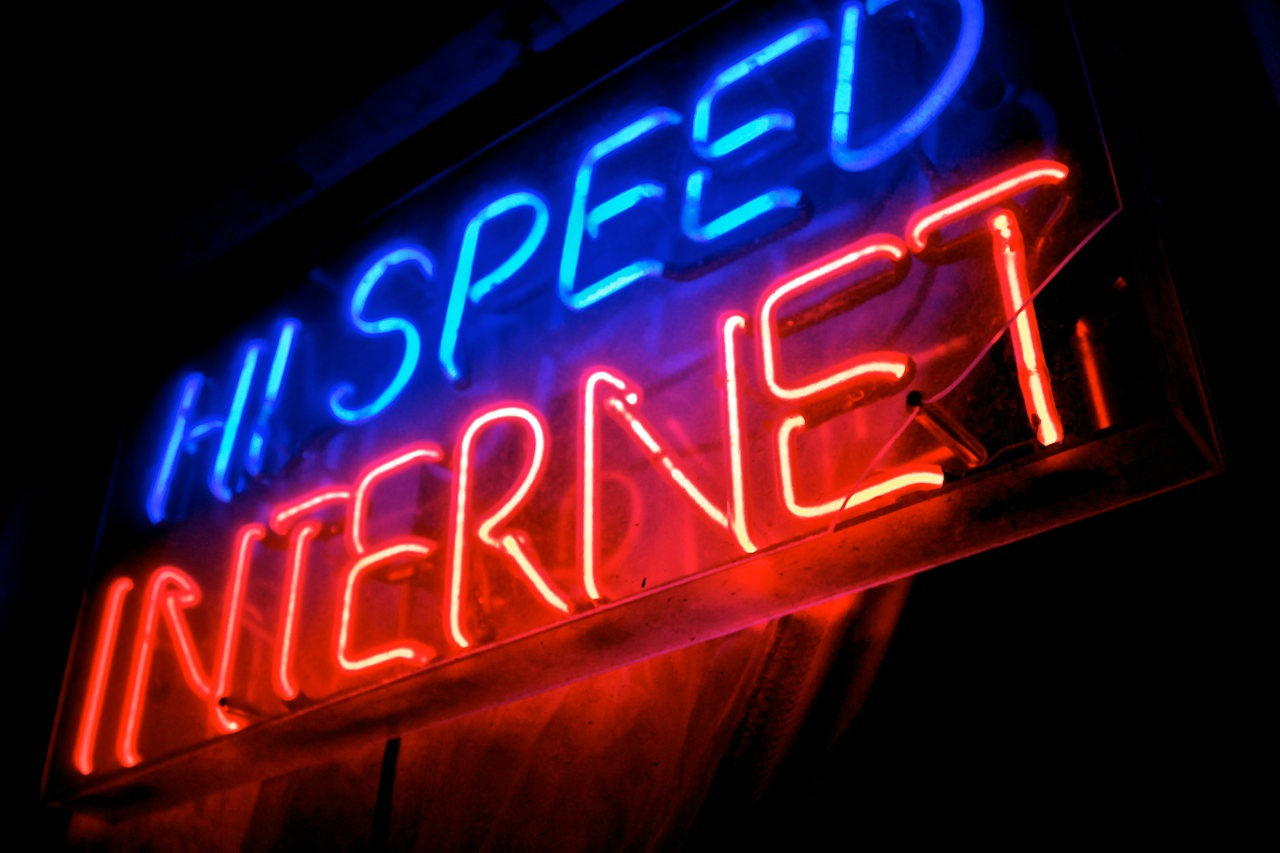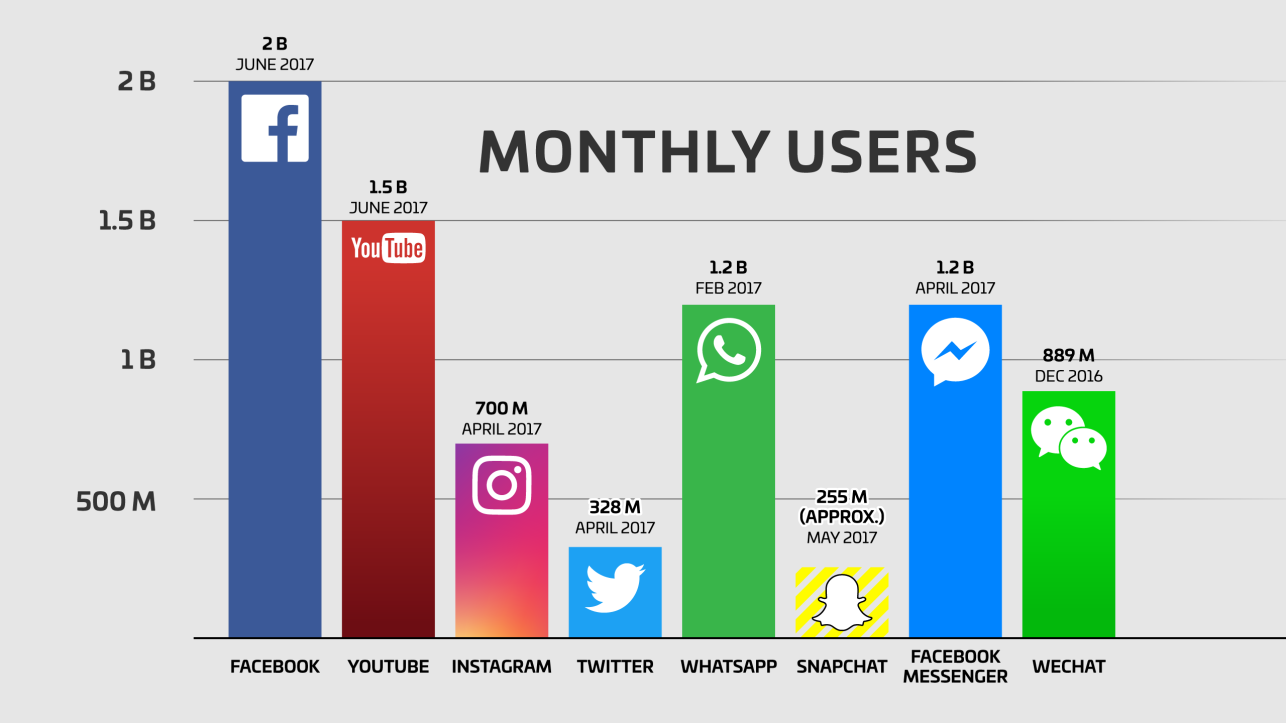
Throughout all these years, tech giants have been selling the idea that users should be grateful when using their excellent service for free. Their outstanding marketing programs have worked so well that we, users, have come with a whole role-messed hierarchy whether products, service, profit and misinformation have been the prevailing trend in a now-uncovered obscure world. The time where these giants could do anything for their own benefit has come to an end: users now demand a new model business within the digital world.
And their power is such that they can impose their business model without questions about it. Any competition will end up being acquired (Instagram for Facebook) or bullied (Mozilla Firefox browser for Google) as they are now in control of the web. In fact, it is even more concerning that they have monetised the one thing that was given for all of us to enjoy, the Internet.
They have created monopolies for services provided within the web, like Google and its web browser or Facebook and their social media spectrum. However “let’s not forget that a large part of the technology and necessary data was created by all of us, and should thus belong to all of us,” said Mariana Mazzucato in an article published at MIT Technology Review magazine.
And she continued with “the underlying infrastructure that all these companies rely on was created collectively (via the tax dollars that built the internet), and it also feeds off network effects that are produced collectively. There is indeed no reason why the public’s data should not be owned by a public repository that sells the data to the tech giants, rather than vice versa. But the key issue here is not just sending a portion of the profits from data back to citizens but also allowing them to shape the digital economy in a way that satisfies public needs.”
She focuses on the idea that technology should be at the citizen’s service, not the other way around, while these companies, profit seekers, have turned up the internet into their biggest business market. Internet was thought to be a place where people can connect to each other, as the next step in social communication. It is thus “collective creations that should offer something of real value, driven by public purpose. We’re never far from a media story that stirs up a debate about the need to regulate tech companies, which creates a sense that there’s a war between their interests and those of national governments,” pointed out Mariana Mazzucato in pursuit for bringing back internet to their legit owners.

The issue here lies inside an intricate business model whereas two main facts are keynotes: habit and a blurred revenue system. On one hand, companies such Google and Facebook have worked well all these years selling not only a search engine or a platform where to connect with friends, but a whole digital ecosystem in which almost all our social needs are sorted – even if we didn’t have them in first place. Google allows you to search the web indeed, but now we do it in its web browser, with shortcuts to their video streaming service, e-mail app, document management, word processor, its social media and so forth in an endless service list. And as Microsoft did in the past with their Windows OS, Google is now the lord and master of the Internet.
Users don’t even bother to ask, they keep using Google services once and again because they have been doing it for years. It has become a habit. A similar mental process can be found when analysing their business model and how has been so successful all these years. Nor Facebook or Google ask for our money to use their services but they are among the most profitable companies of the world. Again and drop-by-drop they have made us think that behind their company’s mask, a good will leverage their services, however, reality has turned out being quite different.
In fact, “Google doesn’t give us anything for free. It’s really the other way around—we’re handing over to Google exactly what it needs. When you use Google’s services it might feel as if you’re getting something for nothing, but you’re not even the customer—you’re the product. The bulk of Google’s profits come from selling advertising space and users’ data to firms. Facebook’s and Google’s business models are built on the commodification of personal data, transforming our friendships, interests, beliefs, and preferences into sellable propositions,” Mariana said.
And she is right, at aiming at the core of the main issue here. These business were built out of a public and collective technology and while in the beginning could’ve been made following good will models, they have now turned into data predators, using users as channels where their profit is created. Mariana calls out loud for a new model, where both sides, companies and users, are all represented in the internet. “It’s a partnership of equals where regulators should have the confidence to be market shapers and value creators,” she ended up with.

Hernaldo Turrillo is a writer and author specialised in innovation, AI, DLT, SMEs, trading, investing and new trends in technology and business. He has been working for ztudium group since 2017. He is the editor of openbusinesscouncil.org, tradersdna.com, hedgethink.com, and writes regularly for intelligenthq.com, socialmediacouncil.eu. Hernaldo was born in Spain and finally settled in London, United Kingdom, after a few years of personal growth. Hernaldo finished his Journalism bachelor degree in the University of Seville, Spain, and began working as reporter in the newspaper, Europa Sur, writing about Politics and Society. He also worked as community manager and marketing advisor in Los Barrios, Spain. Innovation, technology, politics and economy are his main interests, with special focus on new trends and ethical projects. He enjoys finding himself getting lost in words, explaining what he understands from the world and helping others. Besides a journalist, he is also a thinker and proactive in digital transformation strategies. Knowledge and ideas have no limits.










